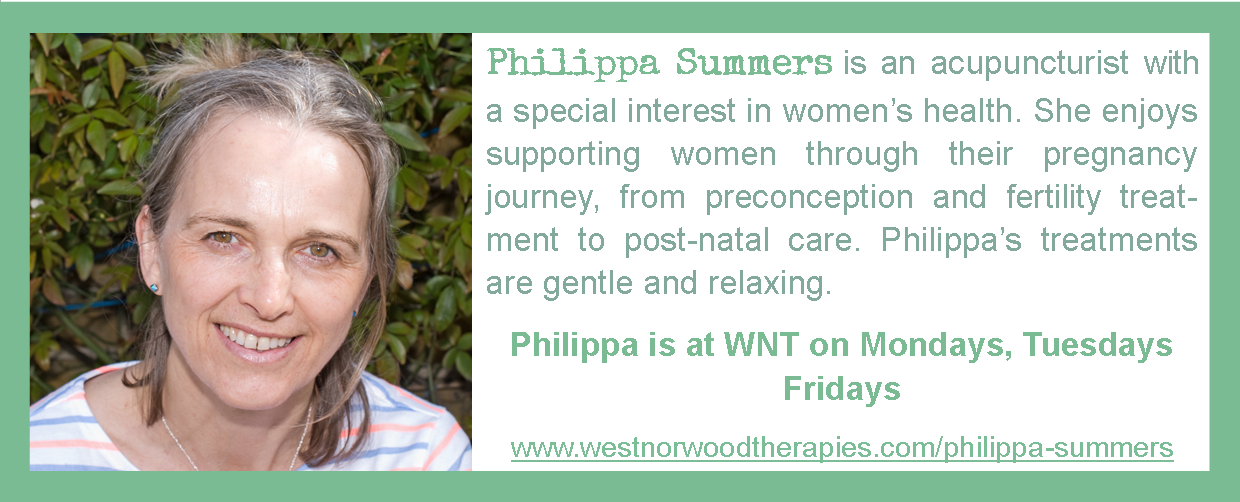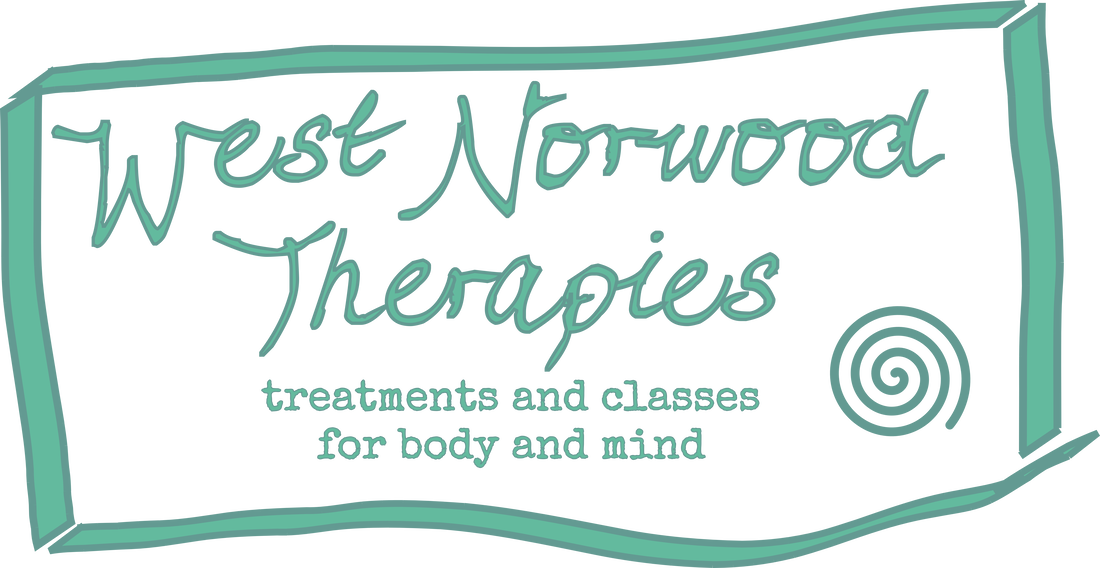|
Acupuncturist Philippa Summers explores how her treatments are particular to you as an individual and evolve as your relationship grows and she builds up a clearer picture of you and the nuances we all have For many people traditional acupuncture is a new experience and you may be uncertain about what is appropriate but if something is important to you then it will be relevant. Your individuality is at the heart of a holistic approach to diagnosis and treatment. Community is more important than ever as we grapple with the pandemic, climate change and social and racial injustices across the globe, and the achievements have been made by working collectively and co-operatively together, but when it comes to a treatment the focus is on your uniqueness as an individual.
I liken the process of diagnosis to creating a portrait or landscape where finer details are gradually added to create clarity. Our first meeting, for now on Zoom, is a sketch. An opportunity for you to tell your own story of the main issues you’d like acupuncture to help you with, lots of questions from me, plenty of detail from you but broad brushstrokes nonetheless, providing a framework from which to begin. Over time as treatment progresses some elements will come more to the fore with greater focus, more colour and detail while others will recede into the background. Our lives are not static and things change moment to moment, day to day and over time, it is a dynamic picture. I remember well my first days in the student clinic in 1996, we’d learnt the theory, neat boxes, but applying that theory in the real world was a real challenge. I’d come from a background in science and IT, I liked clarity and order. Those theoretical boxes overlapped and obscured one another. It took time grappling with my own perspective to realise that it was more helpful for me to think in terms of creating a portrait, or with so many metaphors in Chinese medicine relating to weather and climate, possibly more like creating a landscape. It is often by going into greater detail in one area that adds clarity to the whole picture. One very clear example with regards to women’s health will be a detailed look at menstrual cycles where there are differences in underlying energetics at different times of the cycle. Symptoms that show up at particular times in the cycle may reflect the same energetic patterns that affect other areas of your being, for example digestion, sleep or mood. These are the patterns that relate to those neat theoretical boxes, which at first may not be distinct or easily discernable but which guide treatment. It is the whole picture that is important. More detail and sharper focus comes with each session – how you respond to treatment, through conversations and the personal interpretations you have of your experiences and what is important to you. How we feel and our emotional landscape has a profound influence on our physical health, and vice versa, especially so when feelings are sustained over a long period of time. It often takes time and trust to feel comfortable opening up and for some this is just not their way, which is fine. We show ourselves on many levels, so the details emerge and embellish the portrait that is forming. Sometimes it is people’s idiosyncrasies that give a vital nugget of information adding detail to the portrait. Or they may say “I know it sounds odd and might not be relevant but it feels like…’ and then go on to describe a feeling or physical sensation in their own words that can be one of those light bulb moments for helping me in my understanding and adjusting my approach. Individuality is also expressed in the how each person engages in their treatment, with some being more curious about the process and others more content with just going with the experience. Lifestyle modifications, which can be a significant support to treatment, are very personal and for some dramatic changes in how they eat, exercise or find time for themselves might be welcome. Small sustainable nudges in the right direction that are achievable are often the way forward when change is more challenging. How treatment interfaces with Western Medicine is also guided by personal choice, which may be a wish to avoid or rely less on medication. In the realm of fertility it may be choosing if and when to engage in assisted reproductive techniques like IVF, or what investigations to have. These are all very personal choices that accommodate our individuality. A couple of courses I have undertaken over the past year have highlighted the importance of individuality and speaking for ourselves. The first was a Mental Health First Aid course and the second on the role that cultural differences play in our experience, specifically with regard to women’s health and fertility. The take home message from each was not to make assumptions and to recognise that each person is the expert on themselves. Of course, that applies to everyone. I would like to highlight that coming for treatment should be a very flexible process built around you and your needs. Nothing is set in stone. I will offer suggestions and advice about treatment aligning your wishes with what I feel is likely to get the best results, for example frequency and timing of treatment and lifestyle modifications that are manageable. But you are the expert on you and you are my guide in that respect, progress is made by working together. Here’s wishing everyone a very contented and healthy New Year.
0 Comments
Leave a Reply. |
AuthorBlogs from the WNT team. For our blogs from before June 2020 please see individual profile pages - it's a good way to get to know practitioners too. Archives
June 2024
Categories
All
|
|
Visit us - by appointment only please - in the office block in the Access Self Storage premises at 443 Norwood Road, London, SE27 9DQ
[email protected] Phone - please contact practitioners directly, or if not in a rush you can leave a message for us to call you back at 07931876931. |


 RSS Feed
RSS Feed
